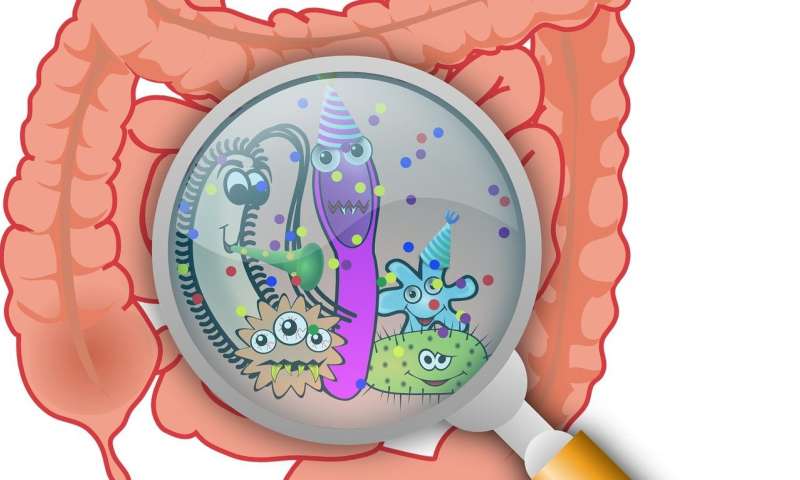Half of all commonly used drugs profoundly affecting the gut microbiome, warn experts

A new study presented at UEG Week 2019 reports that 18 commonly used drug categories extensively affect the taxonomic structure and metabolic potential of the gut microbiome. Eight categories of drugs were also found to increase antimicrobial resistance mechanisms in the study participants.
Researchers at the University Medical Center Groningen and the Maastricht University Medical Center looked at 41 commonly used drug categories and assessed 1,883 fecal samples from a population-based cohort, patients with IBD and patients with IBS intermixed with healthy controls. The researchers compared the taxonomic and metabolic functions profiles of drug users to non-drug users, looking at the effect of single medication use and then combined medication use. The changes observed could increase the risk of intestinal infections, obesity and other serious conditions and disorders linked to the gut microbiome.
Gut microbiota is the microbe population living in the intestine. It contains tens of trillions of microorganisms, including at least 1000 different species of known bacteria. The human gut’s microbiota population is influenced by a number of different factors, including medication. The microbiome has received increasing attention over the last 15 years with numerous studies reporting changes in the gut microbiota during not only obesity, diabetes, and liver diseases but also cancer and neurodegenerative diseases.
The drug categories found to have the biggest impact on the microbiome include:
- Proton pump inhibitors (PPIs)—used to treat dyspepsia, which affects between 11 percent and 24 percent of the European population. PPIs are also used to treat peptic ulcer, H. Pylori eradication, gastro reflux and Barrett’s esophagus.
- Metformin—used as a treatment for type 2 diabetes, affecting 10 percent of European adults
- Antibiotics—used to treat bacterial infections, taken by 34 percent of the European population each year
- Laxatives—used to treat and prevent constipation, affecting 17 percent of European adults
The gut microbiota of PPI users showed increased abundance of upper gastrointestinal tract bacteria and increased fatty acid production, while metformin users had higher levels of the potentially harmful bacteria Escherichia coli (E. coli).
The researchers also found that an additional seven drug categories were associated with significant changes in bacterial populations in the gut. The use of certain antidepressants (called SSRIs) by those with IBS was associated with an abundance of the potentially harmful bacteria species Eubacterium ramulus. The use of oral steroids was associated with high levels of methanogenic bacteria which has been associated with obesity and an increase in BMI.
Source: Read Full Article